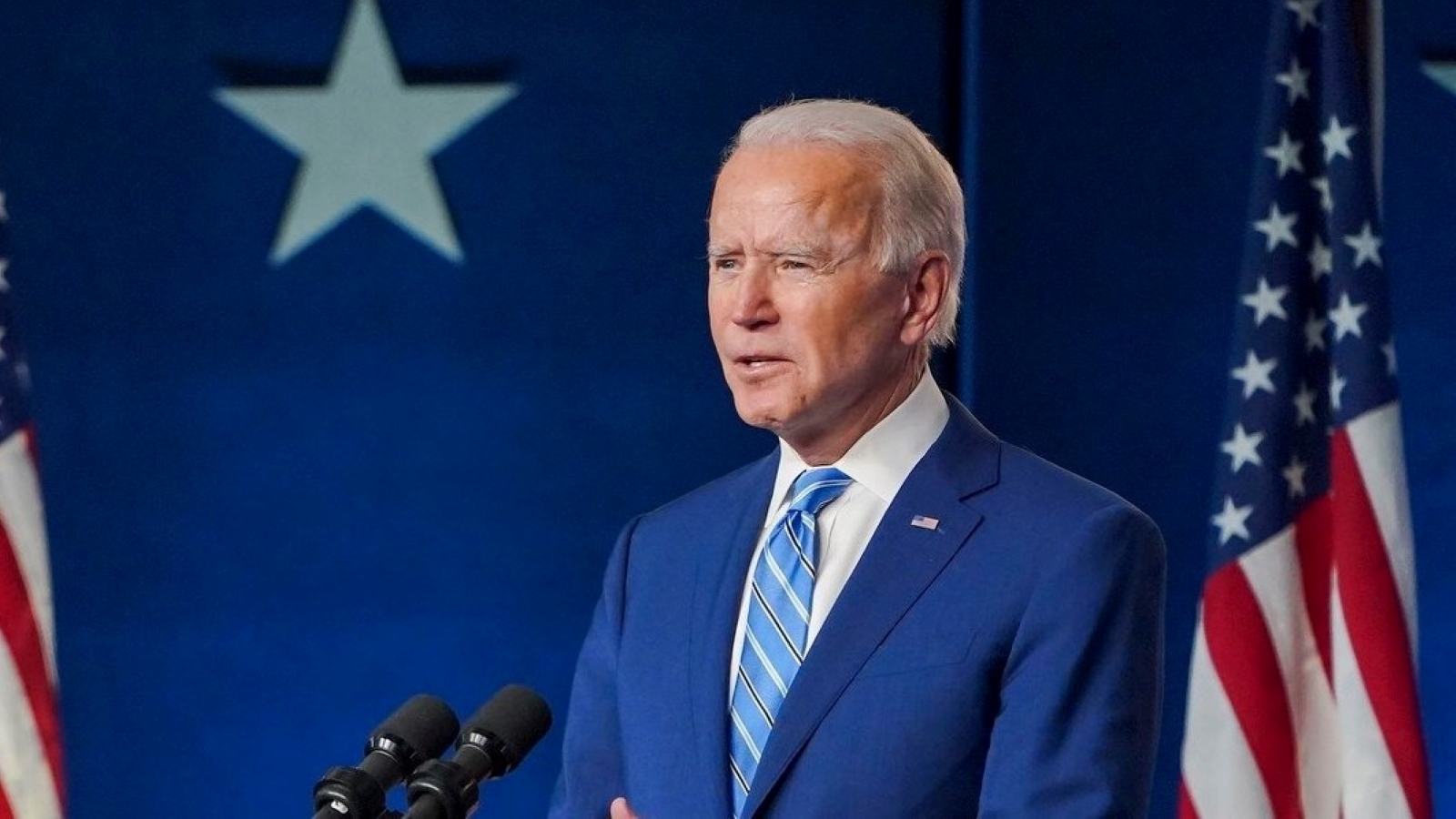President Joe Biden | stock photo
President Joe Biden | stock photo
Extended federal unemployment benefits, tax credits, direct payments -- plus additional funding for Michigan schools, businesses and local governments -- could soon become a reality once Congress and President Joe Biden approve the latest COVID-19 relief package.
The American Rescue Plan Act of 2021 comes with a $1.9 trillion price tag. Once approved, individuals including dependents, who make $75,000 or less or up to $150,000 combined as a couple, would be eligible to receive a one-time payment of $1,400 each. Families could also get up to a $3,600 tax credit for each child.
"This is actually targeted towards the working class and lower incomes," Chris O'Leary, an Upjohn Institute for Employment Research economist, told Bridge Michigan.
The $300-per-week extra unemployment benefits would be extended through the beginning of September under the Rescue Plan. It would also allow people who've received these benefits from paying federal income taxes on the first $10,200 they received, which could mean many wouldn't be required to pay taxes at all for 2020.
Although the state still doesn't have an exact dollar amount coming from the federal government, it's expected to be somewhere in the $10 billion range for local governments.
"That money will have very few strings attached," Daniil Manaenkov, a University of Michigan economist, told Bridge Michigan.
Those dollars will likely be used to help reload the Michigan Unemployment Trust Fund, which was exhausted during the COVID-19 pandemic. Money is also expected to be available for local governments that have lost income tax revenue.
Manaenkov believes that specific industries impacted financially as a result of the pandemic and its associated restrictions, such as airlines and entertainment venues, would also receive federal assistance.
Michigan schools anticipate receiving an additional $3.8 billion from this stimulus package. The money would be used to offset pandemic-related expenses, such as technology upgrades for the enhancement of virtual learning, efforts to mitigate the virus inside school buildings, personal protective equipment and ventilation system improvements for some schools. Michigan colleges and universities will also likely receive a portion of the $40 billion earmarked for higher education across the country.



 Alerts Sign-up
Alerts Sign-up